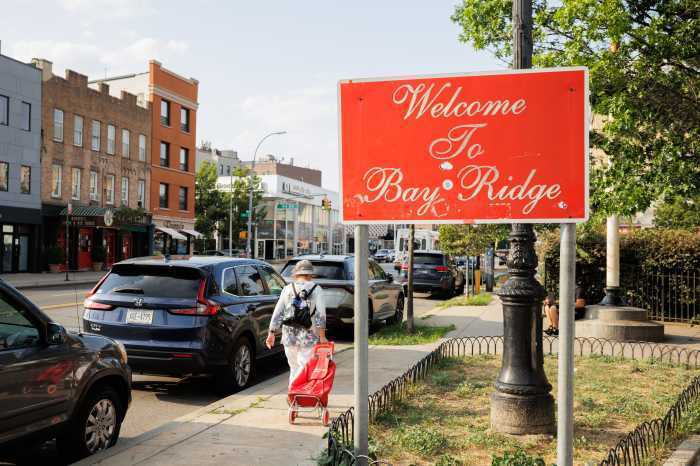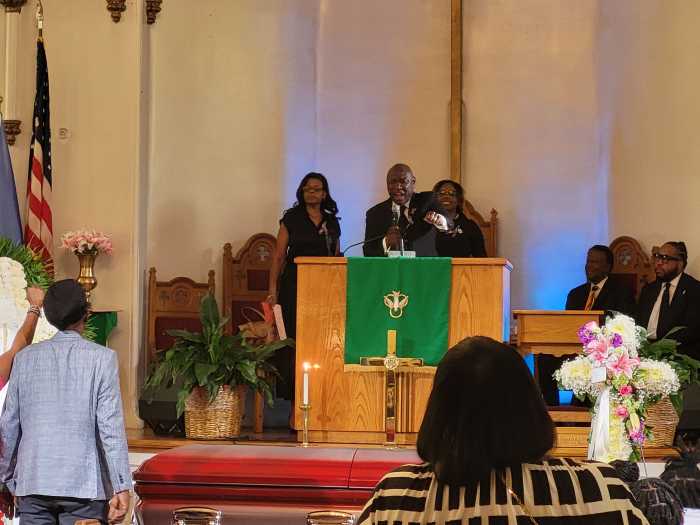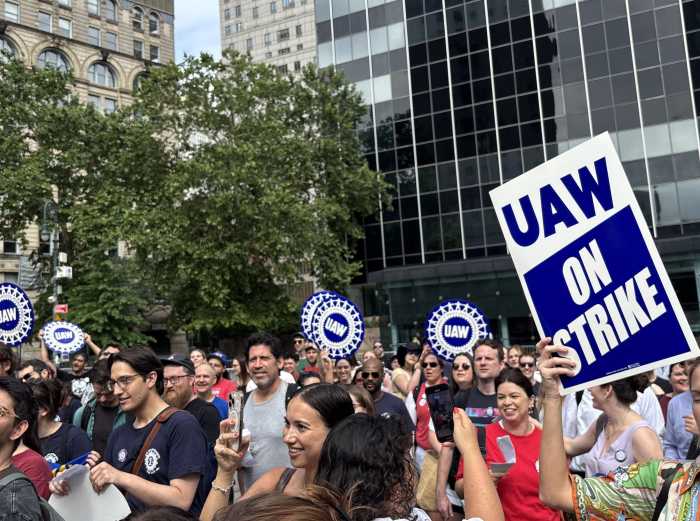Dr. Thomas Frieden, the city’s health commissioner, did a creditable job last Thursday evening in defending against critics who charge that his department jumped the gun in going public with warnings about the emergence of a fast-progressing and multi-drug resistant strain of HIV based on the evidence found in the case of only one gay man.
“I think our going public with it made it less likely that it will be widely disseminated,” Frieden told a crowd of several hundred at a panel discussion convened by the HIV Forum at FIT, in an argument about how public health considerations trump other factors in choosing the appropriate course of action.
Frieden was less forthright, however, about his willingness to hew to the same principle in developing a new AIDS education curriculum for more than one million public school students across New York City.
Confronted by several audience members about whether he was prepared to push for a new public school curriculum, the commissioner acknowledged that changes were overdue and pledged to deliver a new model by the start of school next September.
Pressed further as to whether the new curriculum would specifically include condom demonstrations, Frieden became uncharacteristically cryptic, first arguing that “community comment” would be required to resolve that question, and later saying, “I don’t know that we will be able to achieve everything that you would want or I would want.”
Important public health decisions often carry significant costs and risks. Announcing the potential new HIV risk amidst discussion of how many sex partners the man under study had and how often he used crystal meth raises the possibility that gay sexuality will face renewed stigmatization within the general public. It also threatens to alienate the very gay men who make up a key target audience for such
an announcement, convincing them that government is more interest in demonizing them than caring for them. Should this case prove to be a false alarm, many gay men and others might be less receptive to later warnings.
An aggressive safe-sex program aimed at public school students will also not be won without skirmishes. Even in New York City, where teenage pregnancy has been a commonplace for decades, too many parents—who of course are also voters—believe that the less said the better. It takes a special kind of denial for any parent of teenagers today to believe that but for the mention of intercourse in a sexual hygiene course their child would not be sexually active, but such are the political realities that must be countered.
Under previous mayors, the buck could be passed on tough schools issues such as AIDS education. The old Board of Education was a complex political beast not immediately amenable to mayoral leadership. But in doing away with the Board, and reorganizing the public schools under the Department of Education, Mayor Michael Bloomberg promised to change all that.
It is too much to hope, of course, that Bloomberg, or any mayor, would be willing to ignore completely the potential wrath of parents upset by a dramatically more explicit sex education program.
But it is fair to hold the mayor accountable—this November, for example—for the final political calculation he makes on this question.
And, in the meanwhile, people who care about the health of the next generation of New Yorkers must press the health commissioner to do his job by urging the mayor to do the right thing.
gaycitynews.com



































